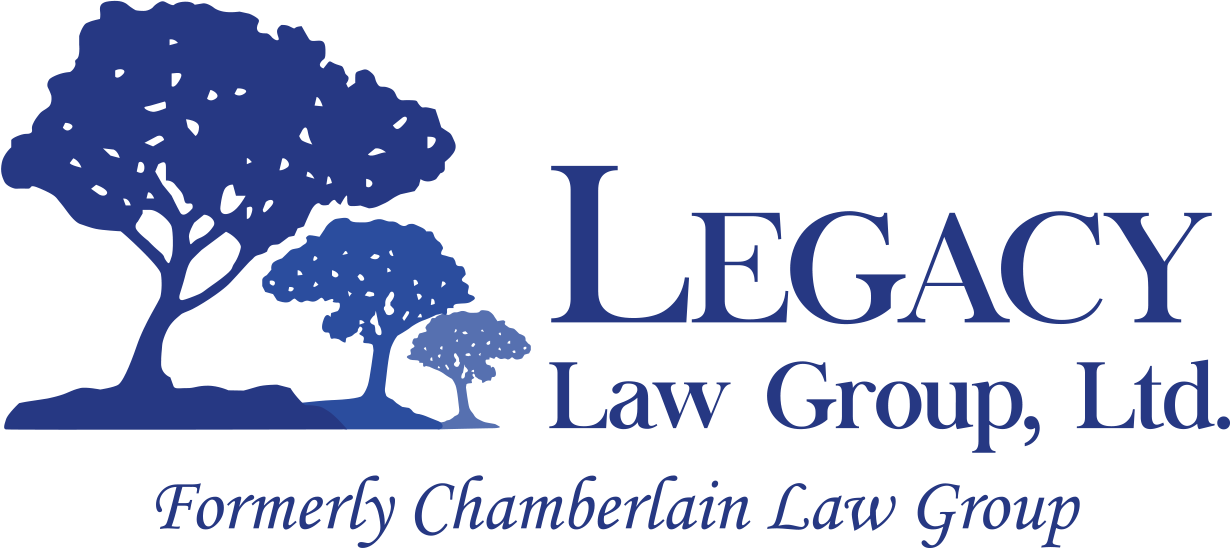Probate is the legal process of paying a deceased person’s lawful debts and claims and transferring the ownership of the deceased person’s property to his or her heirs or beneficiaries. The probate process is done through the local probate court, and is highly controlled by State law and the local Court rules.
Through the probate process, a person is given the authority to act on behalf of the deceased person’s estate, takes control of the deceased person’s assets, pays the claims and debts, and then distributes the remaining assets to the heirs or beneficiaries. If the deceased person leaves a will, the will generally appoint an Executor, who will be given the authority to act for the estate. If a person dies “intestate” (without a Will), then an Administrator will be appointed by the Probate Court to act for the estate.
The Probate Process is Responsible For:
Paying a deceased person’s lawful debts
Determining the value of the property and assets of the deceased
The payment of all appropriate taxes due on the estate
Transferring the ownership of the deceased person’s property to the beneficiaries

Types of Probate Proceedings:
There are several different types of Ohio probate proceedings for handling a deceased person’s estate. They all have the same purpose, to ensure that bills are paid and the assets distributed to the right people, but are used in different circumstances.
Probate Administration (used when the estate does not qualify for a Relief from Administration or a Summary Release)
Relief from Administration (used if the estate has less than $35,000 in assets (or $100,000 if everything is going to the surviving spouse)
Summary Release from Administration (used if there are less than $5,000 in assets in the estate)
If you would like a copy of our Consumer Guide on the duties of the Executor of an Estate, we would be happy to send one to you. Request your copy today.
